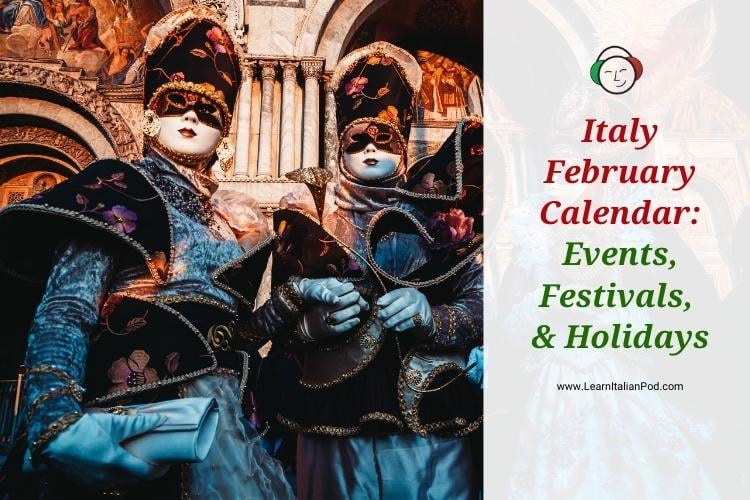10 Famous Latin Quotes and Meanings: Wisdom Unveiled
Ciao, fellow culture enthusiasts! If you’re searching for the most famous Latin quotes, you’ve landed in the right place.
Do you want to learn more about the language that has influenced Italian in many ways? In this blog post, we’ll explore the Latin roots of the Italian language through the top 10 quotes in Latin with English translations.
The Latin Language and Its Influence on Italian
Let’s start with a brief history of the Latin language. Latin is a language that originated in ancient Rome and was widely used throughout the Roman Empire. It is the root language of many modern languages, including Italian.
The influence of Latin on Italian can be seen in many ways, including vocabulary, grammar, and syntax. Latin and Italian are inflected languages, meaning words change their endings to reflect their grammatical role in a sentence.
Many common Italian words, such as “amore” (love), “via” (road), and “terra” (land), have Latin roots.
Top 10 Famous Latin Quotes with English Translations
Now, let’s dive into 10 famous Latin quotes about wisdom. These quotes have stood the test of time and continue to inspire and motivate people today.
1. “Carpe diem” – Seize the day.
This quote, popularized by the film “Dead Poets Society,” encourages us to live in the moment and make the most of every day.
2. “Cogito, ergo sum” – I think, therefore I am.
This quote, attributed to the philosopher René Descartes, highlights the importance of self-awareness and critical thinking.
3. “Veni, vidi, vici” – I came, I saw, I conquered.
This quote, famously spoken by Julius Caesar after a victory in battle, represents the spirit of determination and triumph.
4. “Deus ex machina” – God from the machine.
Often used in literature and film, this phrase refers to a sudden and unexpected intervention that resolves a problematic situation.
5. “Aurea mediocritas” – The golden mean.
This quote, coined by the philosopher Horace, encourages a balanced and moderate approach to life.
6. “E pluribus unum” – Out of many, one.
This phrase, found on the seal of the United States, represents the idea of unity and diversity.
7. “Tempus fugit” – Time flies.
This quote reminds us to make the most of our time and not take it for granted.
8. “Per aspera ad astra” – Through hardships to the stars.
This quote represents the idea of overcoming challenges and persevering to achieve success.
9. “Memento mori” – Remember that you will die.
This quote, often used in art and literature, serves as a reminder to live life to the fullest and not waste time on trivial matters.
10. “Alea iacta est” – The die is cast.
One of the most famous Latin quotes, spoken by Julius Caesar before crossing the Rubicon River. It represents the idea of taking risks and making bold decisions.
The Legacy of Famous Latin Quotes in Italian Culture
The influence of Latin can be seen in many aspects of Italian culture. Italian art, literature, and architecture often incorporate Latin motifs and themes.
The famous Italian poet Dante Alighieri wrote his masterpiece, “The Divine Comedy,” in Italian but heavily drew on Latin for inspiration.
The classical style of ancient Rome also influenced Italian architecture. The famous Colosseum and Pantheon are prime examples of Roman architecture that has influenced Italian architecture for centuries.
Latin is a language that has had a profound impact on the Italian language and culture. The top 10 famous Latin quotes we explored in this article represent the timeless wisdom and values still relevant today.
Whether you’re an Italian language learner, a culture enthusiast, or someone looking for inspiration, the Latin language and its influence on Italian is worth exploring.
Recommended Read: 30 Interesting Facts About the Italian Language
Learning More About The Latin Language
Many resources are available online if you want to learn more about Latin. You can take a Latin language course, read classic Latin literature, or even study Latin inscriptions on ancient Roman monuments.
By doing so, you can better appreciate the language that has influenced Italian and many other modern languages.
In conclusion, we hope this article has inspired you to explore the Latin roots of the Italian language and culture. Remember, as the great Roman philosopher Seneca once said, “Non scholae sed vitae discimus” – We do not learn for school, but for life.
Further Reading:







